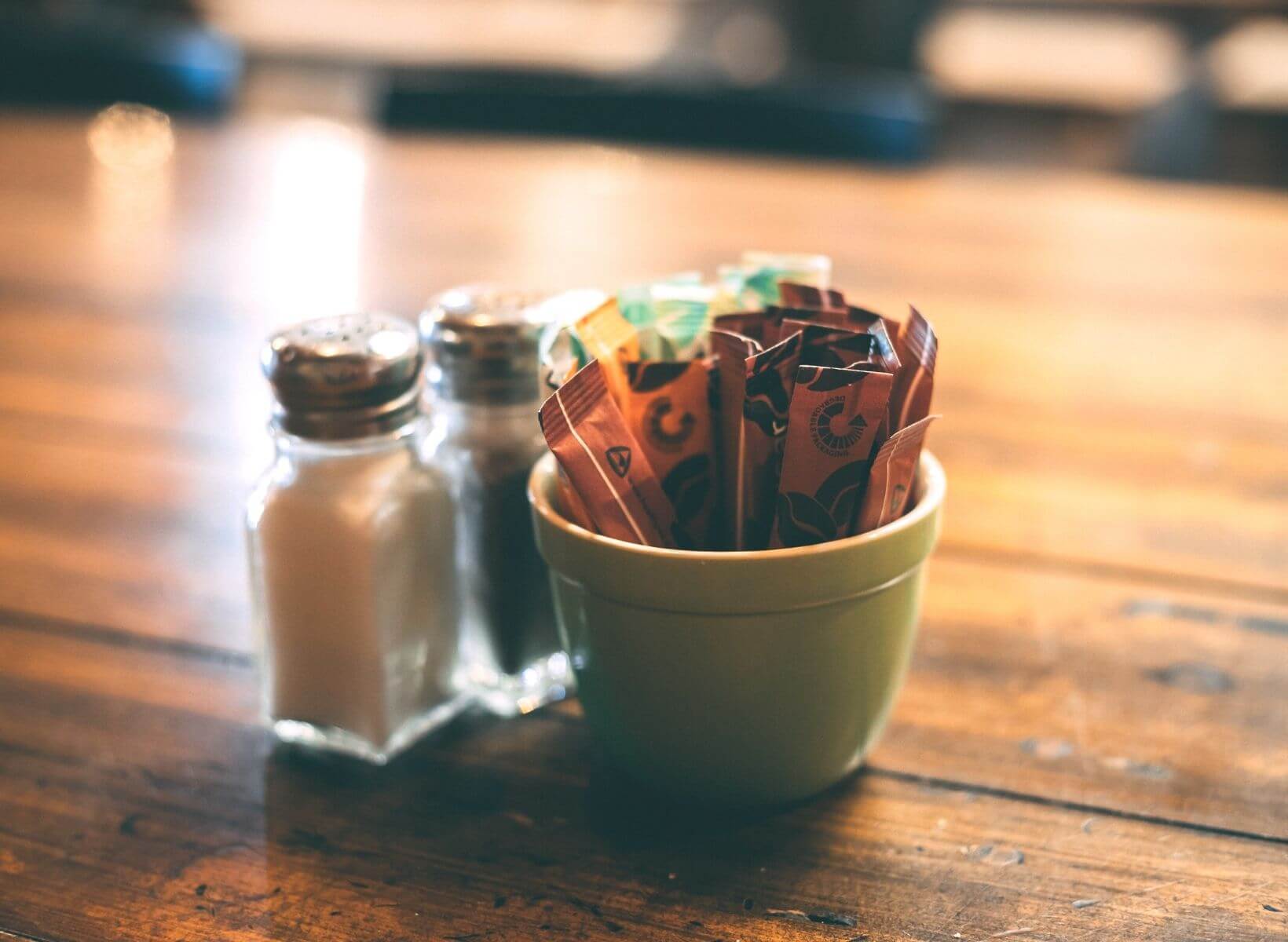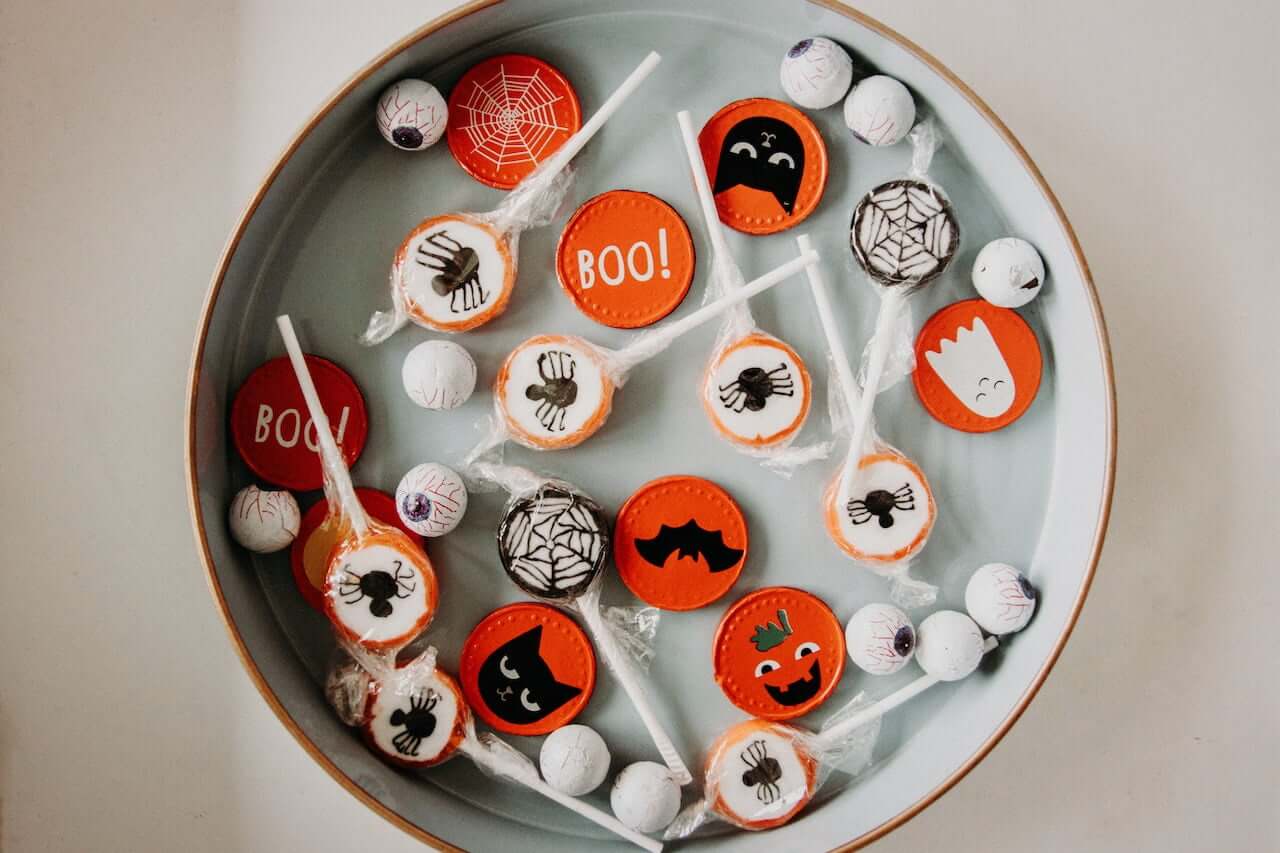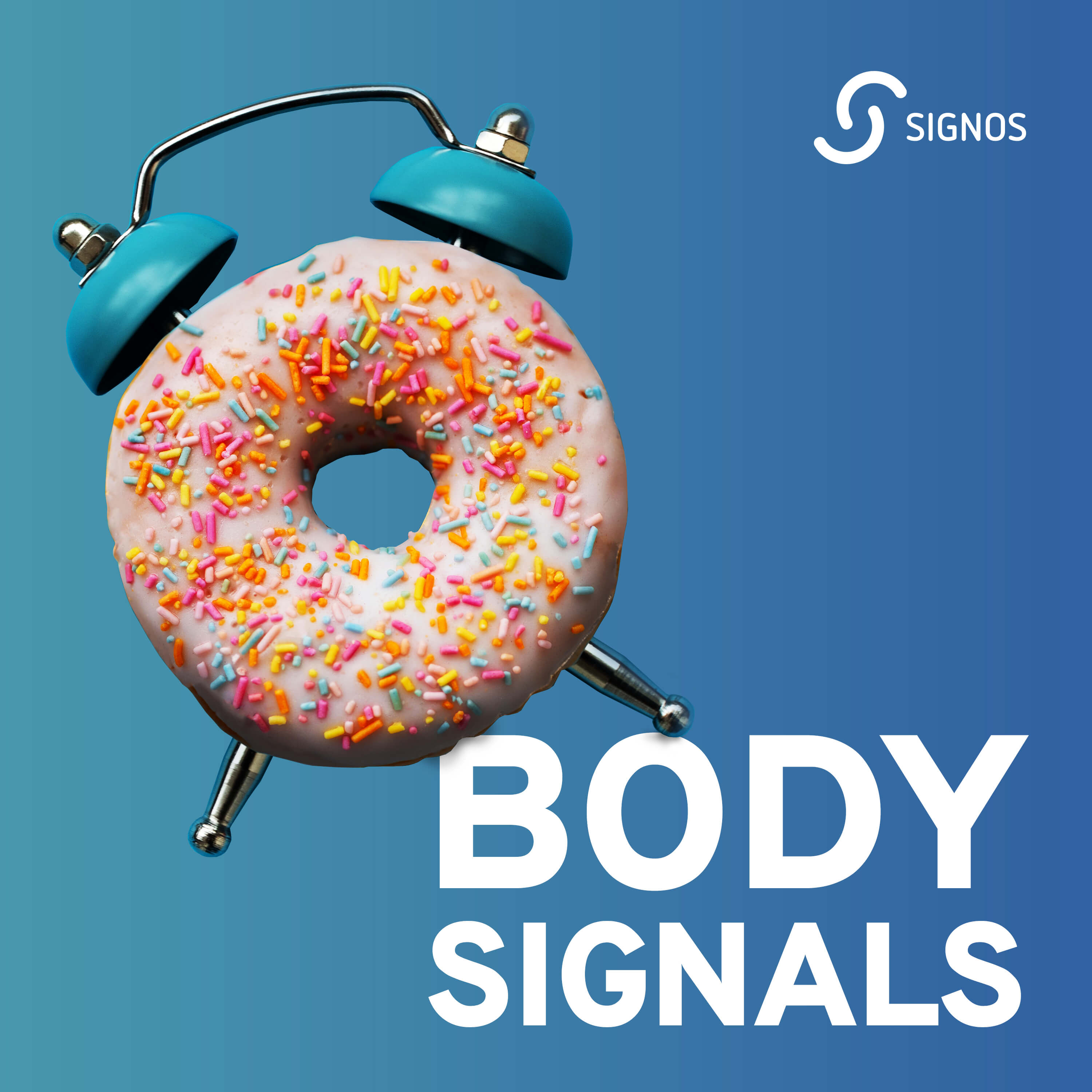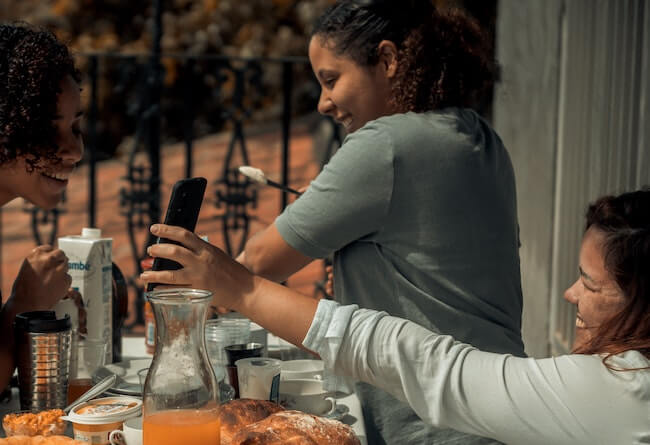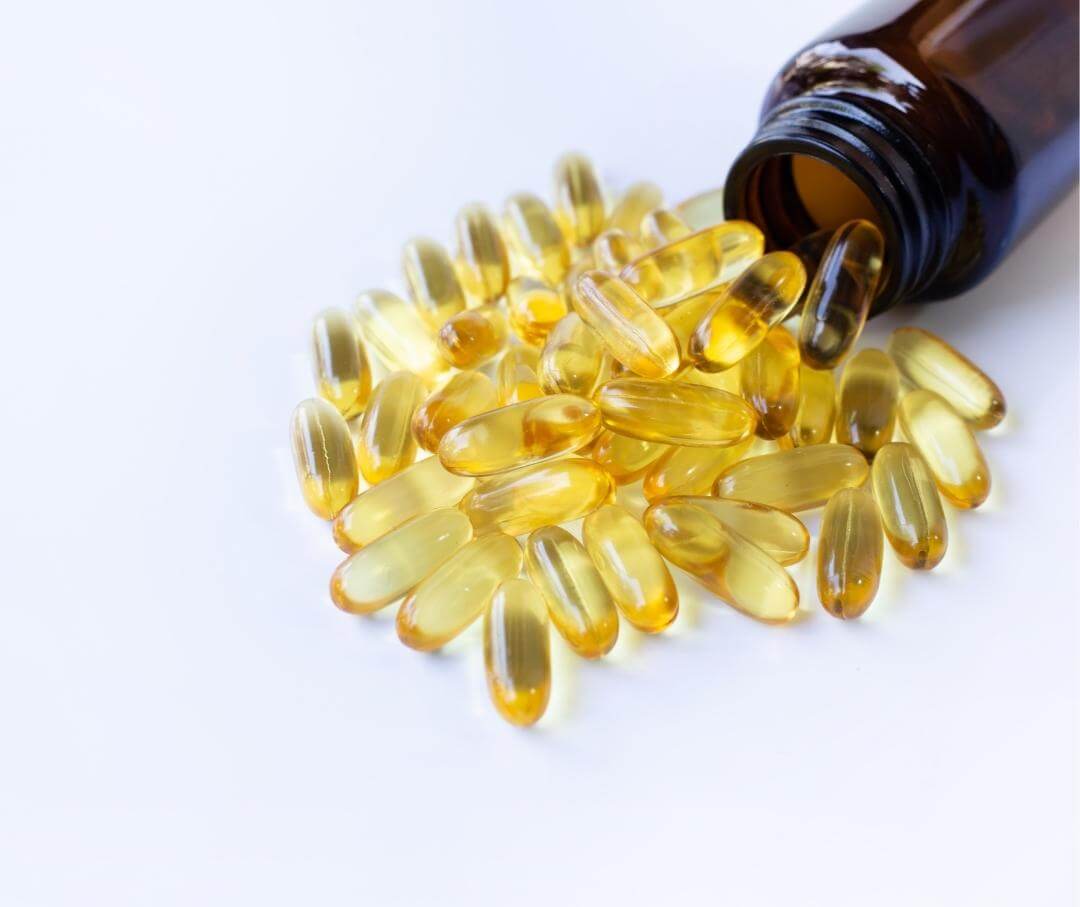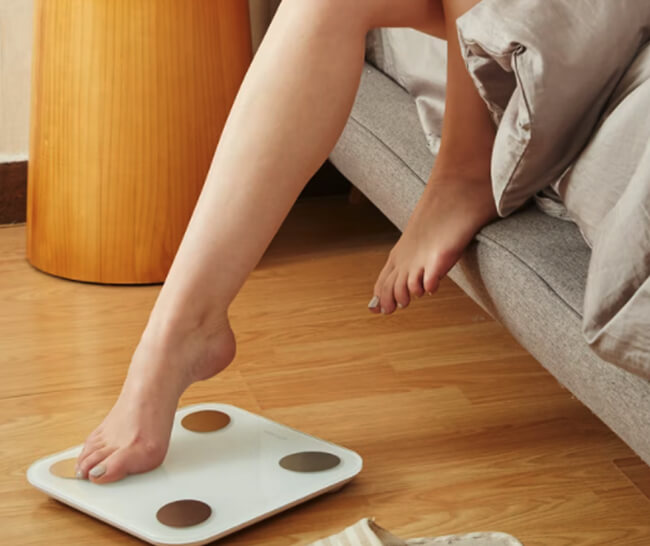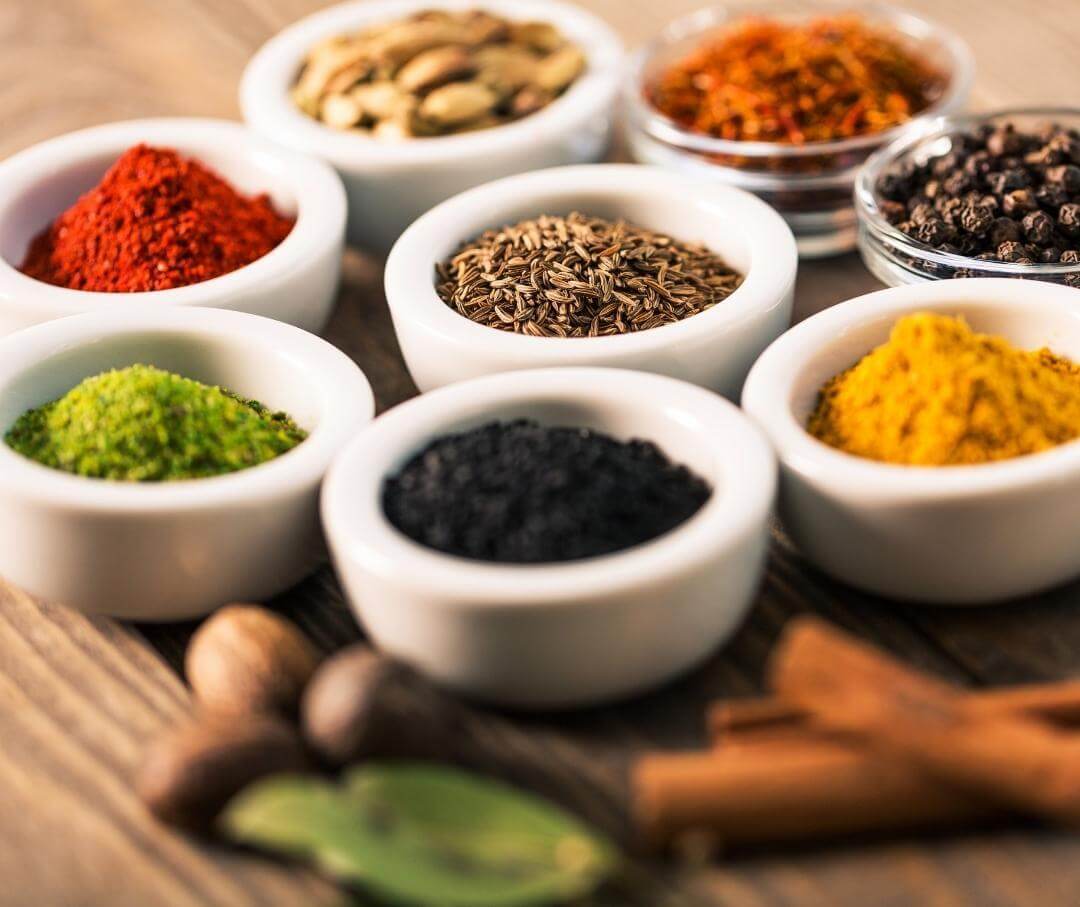Jumpstarting your health can be as simple as adding more nutrient-dense ingredients to your diet while ditching ultra-processed foods. The term “clean eating” can mean different things to different people depending on your health goals, but foundationally, it's about prioritizing unprocessed, whole foods that benefit your health. It’s a great way to start eating healthy, whether your goal is weight loss or improving your nutrition.
If you need help getting started, this article will guide you through a seven-day clean-eating meal plan for beginners.
{{mid-cta}}
What Is Clean Eating?
The term "clean" is a bit misleading; it doesn't mean any food is inherently “dirty.” Instead, it refers to consuming nutrient-dense, minimally processed foods that nourish your body and support metabolic health. In this article, we use "clean" to mean just that—foods that are as close to their natural state as possible.
Clean eating is about choosing whole foods over ultra-processed ones. It means prioritizing fruits, vegetables, lean proteins, healthy fats, and whole grains while reducing added sugars, empty carbs, unhealthy fats, and artificial ingredients.
Clean eating is also not about strict dieting or deprivation. It's about making healthier choices and enjoying a wide variety of flavors and textures. By focusing on nutrient-dense options, you'll naturally reduce your intake of foods that may not be helping you reach your goals, leading to better overall well-being.
Clean Eating: What to Eat

Nutrient-dense foods provide essential vitamins, minerals, and antioxidants. When following a clean eating diet, add these nutrient-rich foods to your shopping list:
- Fresh fruits and vegetables
- Nuts
- Seeds
- Healthy fats (like avocados and olive oil)
- Lean meats
- Greek yogurt
- Whole grains
<div class="pro-tip"><strong>Also Read: </strong><a href=nuts-blood-sugar>Do Nuts Raise Blood Sugar? 6 Best Nuts for Your Blood Health</a>.</div>
Clean Eating Weekly Meal Plan
Ready to start? Here's a 7-day meal plan to kick off your clean eating journey. Each day includes healthy meals for breakfast, lunch, dinner, and snacks to keep you satisfied and nourished.
Keep in mind that since everyone has different caloric needs, serving sizes can differ based on your individual goals and activity levels. It’s still possible to overeat healthy foods. Adjust serving sizes as needed, or consult a registered dietitian for personalized recommendations.
Day 1
- Breakfast: Green smoothie with spinach, banana, almond milk, and protein powder of choice. Freeze the banana ahead of time to make the smoothie extra creamy.
- Lunch: Grilled chicken salad with mixed greens, cherry tomatoes, cucumber, and quinoa. Top with olive oil and balsamic or your favorite vinaigrette.
- Dinner: Baked salmon with roasted sweet potatoes and broccoli. This sheet pan recipe makes it easy to cook everything at once and only takes 30 minutes to prepare.
- Snacks: Apple slices with almond butter and carrot sticks with hummus. Stick to one to two tablespoons of almond butter, as it’s delicious but calorically dense.
Day 2
- Breakfast: Oatmeal topped with berries, one tablespoon of chia seeds, and walnuts. For extra protein, stir in your favorite unflavored protein powder or even stir in egg whites while the oatmeal cooks.
- Lunch: Turkey wrap with whole grain tortilla, avocado, lettuce, and tomato. Mash the avocado on the wrap before adding the other ingredients for an extra creamy option.
- Dinner: Veggie stir-fry with tofu, brown rice, and mixed vegetables of choice (broccoli, snow peas, and bell pepper are all good options). Tofu is easy to prepare, but make sure you drain the water out ahead of time. Here’s a simple recipe from Skinnytaste if you need flavor inspiration.
- Snacks: Greek yogurt with berries and a small handful of almonds.
Day 3
- Breakfast: Avocado toast on whole grain bread topped with a poached egg. Use ¼ to ½ avocado, depending on your calorie goals, and top with sliced tomatoes and a balsamic drizzle.
- Lunch: Lentil soup with whole grain crackers and a side salad. Lentil soup is so easy to make ahead of time (here’s a recipe from Love and Lemons), so you have an easy go-to meal all week.
- Dinner: Grilled shrimp skewers with zucchini noodles and marinara sauce. Shrimp is easy to grill and add to salads or pasta. You can also use high-fiber noodles made from garbanzo beans instead of zucchini noodles.
- Snacks: Homemade trail mix (almonds, dried cranberries, and dark chocolate chips). Make a large batch ahead of time for easy snacks.
Day 4
- Breakfast: Scrambled eggs with spinach, tomato, and basil with raspberries and a slice of whole grain toast.
- Lunch: Quinoa and black bean wrap with salsa and avocado. Quinoa is a grain you can cook ahead of time and use as a quick, high-protein, high-fiber side. If you prefer to skip the wrap, you can eat this in a bowl with extra lettuce.
- Dinner: Baked chicken thighs with roasted Brussels sprouts and sweet potato wedges. To save time, you can also grab a rotisserie chicken from the grocery store.
- Snacks: Celery sticks with almond butter and a small serving of dark chocolate.
Day 5
- Breakfast: Greek yogurt parfait with fresh berries and granola. Choose unflavored Greek yogurt. If you need extra sweetness, try microwaving frozen blueberries and drizzling the berries and juice over the granola.
- Lunch: Whole grain pasta salad with chicken, veggies, feta cheese, and olive oil dressing. Here’s a simple recipe you can use but sub in your favorite high-protein, high-fiber pasta.
- Dinner: Turkey burger (make your own from ground turkey as in this recipe if possible) served in a lettuce wrap with tomato and red onion. Serve with baked sweet potato fries.
- Snacks: Choice of fruit and a small handful of cashews.
Day 6
- Breakfast: Whole grain English muffin topped with avocado, smoked salmon, and poached egg.
- Lunch: Chicken Caesar salad wrap on whole wheat tortilla. To save time, you can use rotisserie chicken or bake chicken ahead of time. Add romaine lettuce, parmesan, and this dressing.
- Dinner: Grilled steak with roasted broccoli and quinoa (use quinoa you cooked earlier in the week to save time).
- Snacks: Edamame beans and fruit (apple or pear).
Day 7
- Breakfast: Vegetable scramble made with eggs, spinach, tomatoes, and bell peppers. Serve with blueberries on the side.
- Lunch: Mediterranean chickpea salad (try this recipe).
- Dinner: Build your own taco bowl with ground turkey, black beans, avocado, salsa, romaine, corn, and cilantro.
- Snacks: Whole grain crackers with hummus and cucumber slices.
7 Tips to Succeed on Your Clean Eating Plan

In addition to the food ideas above, here are some practical tips to help you stay on track:
- Create a loose schedule for meals and snacks to ensure you eat consistently throughout the day. Look ahead at your calendar to plan around meetings, appointments, or other engagements.
- Choose a day for meal prep to chop veggies or cook grains and proteins in bulk for the week. Even setting aside one hour on the weekends can make your weekdays so much easier.
- Keep healthy snacks on hand to avoid grabbing unhealthy options when hunger strikes. Use the meal plan ideas to have your snacks in the pantry ready to go.
- Don't deprive yourself completely. Allow for occasional treats or indulgences in moderation. For many people, more restrictions end up backfiring, but building in occasional treats can help.
- Listen to your body's hunger and fullness cues instead of strictly following portion sizes. Sometimes, this is hard if you’re used to ignoring hunger cues and eating more or less than you need. If this is the case, try eating until you feel about 80% full and walk away. If you still feel hungry an hour later, choose a healthy snack.
- Experiment with new recipes and flavors to keep things interesting (but it’s also okay to repeat meals if it helps you stay on track with your eating habits).
Learn More About How to Improve Blood Sugar Health With Signos’ Expert Advice
Healthy eating is crucial in supporting blood sugar, weight management, and long-term wellness. Signos' real-time, expert guidance offers insights to help you make informed decisions about your food and health.
Learn more about how Signos can improve your health, and explore the blog to learn more about your food choices, glucose, and metabolic health. You can also find out if Signos is a good fit for you by taking a quick quiz.
<div class="pro-tip"><strong>Learn More: </strong><a href=how-to-make-a-meal-plan>How to Make a Meal Plan? Meal Planning 101</a>.</div>
- Item 1
- Item 2
- item 3




